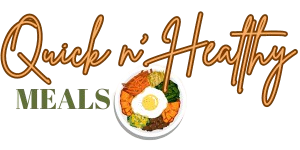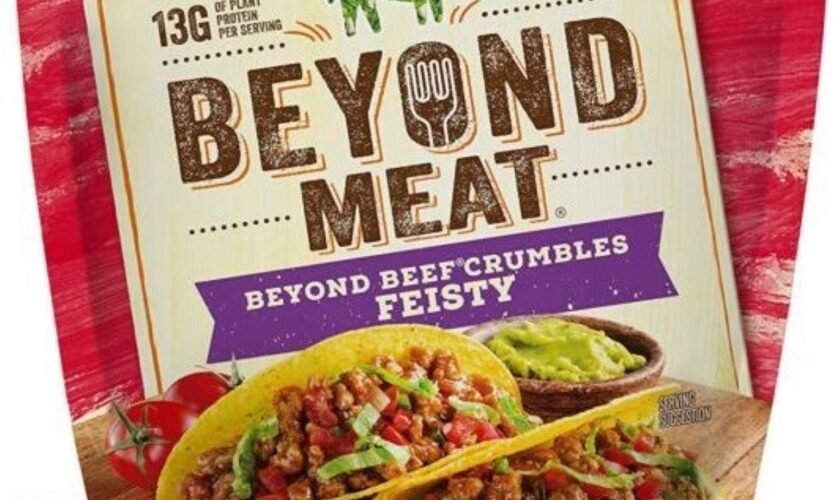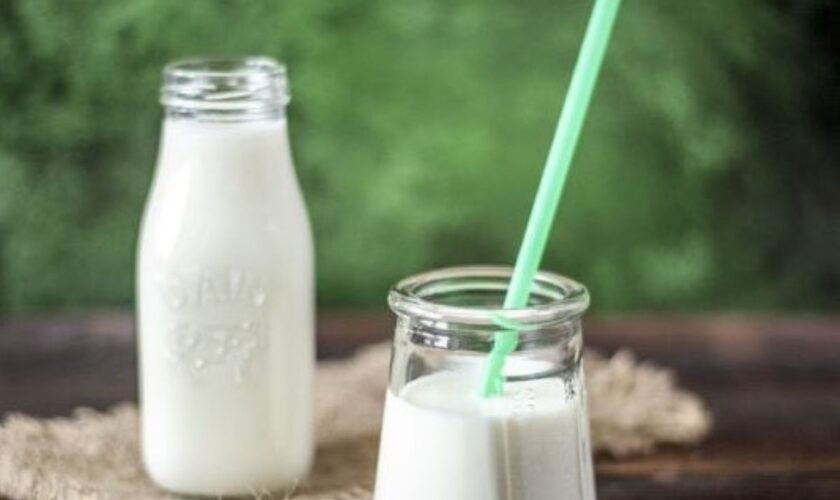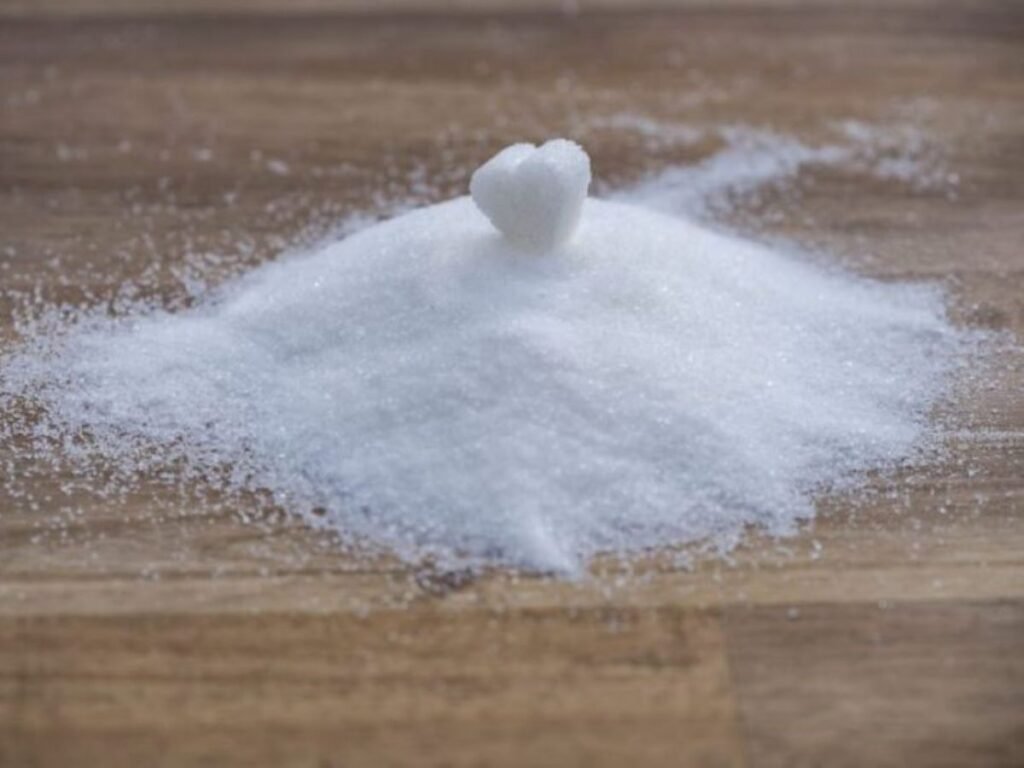Tag: vegan
As promised, I am continuing my reviews of the Beyond Meat brand of vegan meat substitutes. Today’s review focuses on the Beyond Meat Sausage, of which there are two varieties: Hot and Original Bratwurst. I […]
Among the diet plans I’ve tried, the vegan diet was the most challenging of them all. I never realized how much I relied on animal products and foods until I had to give them […]
Aside from the fact that I’m lactose intolerant, I’ve learned that dairy products are high in saturated fat and cause inflammation in the body. Cow milk and its derivative products can also raise your […]







